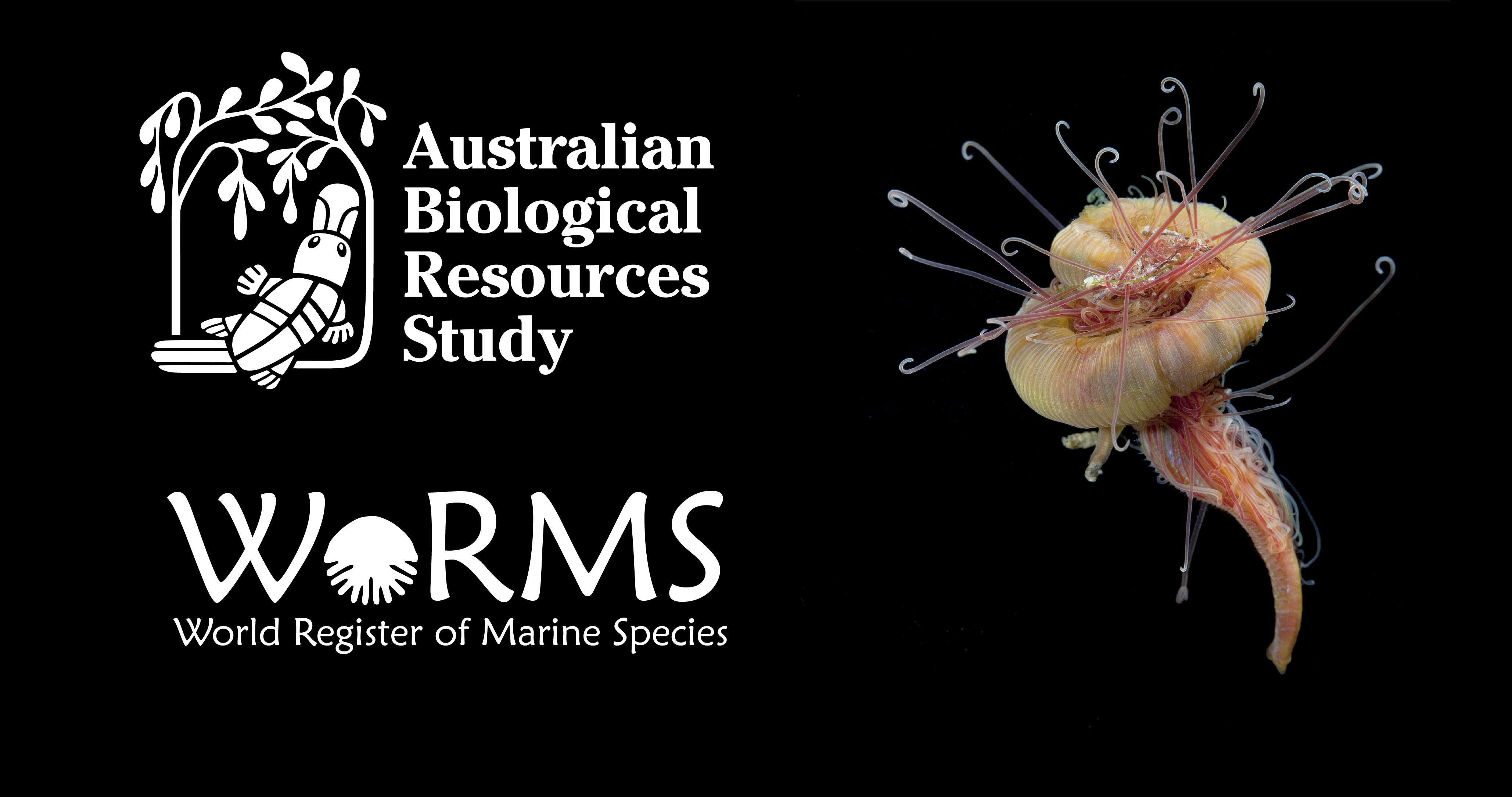09 / 05 / 2019

Photo: The Red Thread Worm (Polychaeta) is one of the many marine species in the Australian Faunal Directory. Yarra River, Melbourne, VIC. Photo: David Paul © copyright, Museums Victoria.
The Australian Faunal Directory (AFD) is the authoritative checklist for Australian faunal species. It was one of the first online databases of its kind – established in 2000, originally known as Platypus – and continues to be an authoritative source of faunal names. The list is administered and maintained by the Australian Biological Resources Study (ABRS), which is part of the Commonwealth of Australia’s Department of the Environment and Energy. AFD provides an essential service to Australian governments and research institutions. The World Register of Marine Species (WoRMS) provides an authoritative and comprehensive list of names of all marine organisms worldwide. WoRMS is developed and maintained by the Data Centre of VLIZ.
This cooperation between AFD and WoRMS will use the comparative advantage of each information system to promote the use of biodiversity information systems for scientific research. By collaborating, the duplication of efforts will be greatly reduced, as overlaps can be identified and data exchange mechanisms can be set up to fill gaps.
Taxonomic data will be shared in both directions, while AFD can also share its type specimen and type locality information with WoRMS, and their broader and very detailed distribution information. To accommodate the AFD distribution records, Marine Regions – also hosted and managed at the Flanders Marine Institute (VLIZ) – will incorporate the Integrated Marine and Coastal Regionalization of Australia (IMCRA). This way, it will not only be available for WoRMS, but also for the wider scientific community.
This agreement also contributes to the continued development of the LifeWatch Taxonomic Backbone (LW-TaxBB) which also aims at bringing together taxonomic and species-related data, at filling the gaps in our knowledge and at avoiding duplication of efforts.